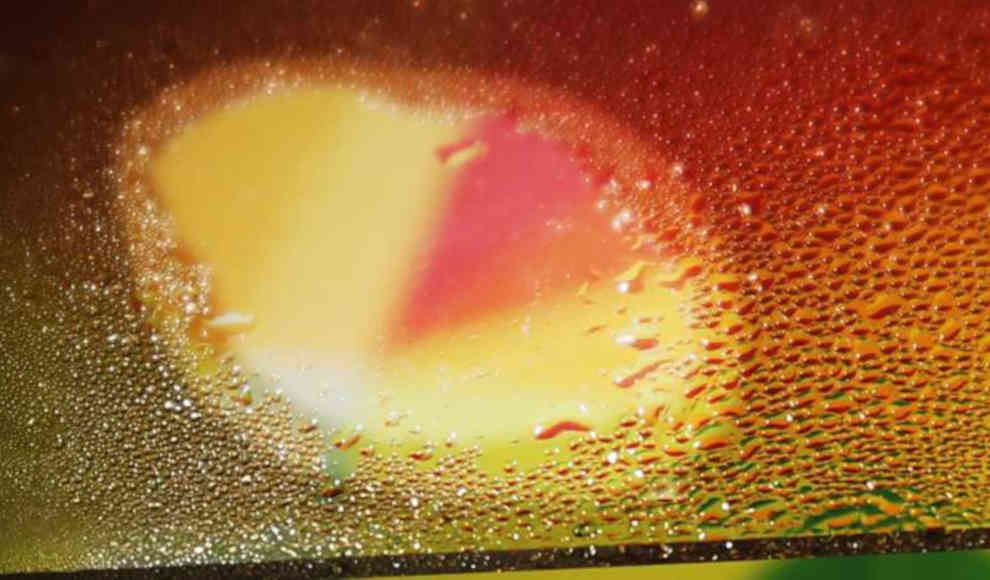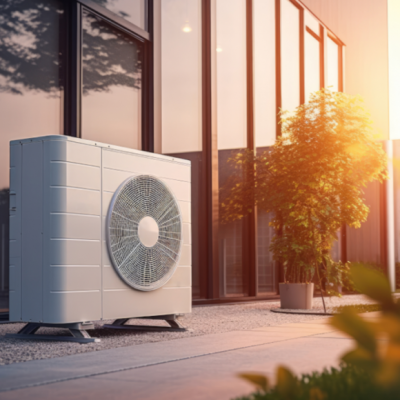A new coating made of nanogold particles can prevent glass surfaces from fogging up by heating them up with sunlight. This transparent coating can be applied to surfaces such as glasses or car windows. Scientists from the Swiss Federal Institute of Technology in Zurich (ETH) developed the coating, which can prevent fogging, a common problem for glasses wearers, photographers, and drivers during winter. The coating is made of nanogold particles coated with non-conductive titanium oxide and is only a few nanometers thick, making it suitable for almost any surface. The coating prevents fogging by absorbing the infrared and visible sunlight and converting it into heat, which heats up the glass surface by three to four degrees above the ambient temperature, preventing the formation of condensation.
Unlike current technologies that use vehicle heating to warm up the windshield, the nanogold coating is completely passive and does not require any additional energy source other than sunlight. The coating achieves the same effect as dark surfaces that absorb light and convert it into heat, but it is transparent. The coating is also more effective than traditional antifog sprays, which use hydrophilic compounds to create a thin water film instead of droplets. The nanogold coating removes fog four times faster than antifog sprays and is more durable, requiring less frequent reapplication.
The researchers plan to optimize the coating further to achieve several years of durability and bring it to market with the help of industry partners. The coating’s even distribution and effectiveness make it a promising solution for preventing fogging on various surfaces, improving visibility and safety for drivers, photographers, and glasses wearers.










